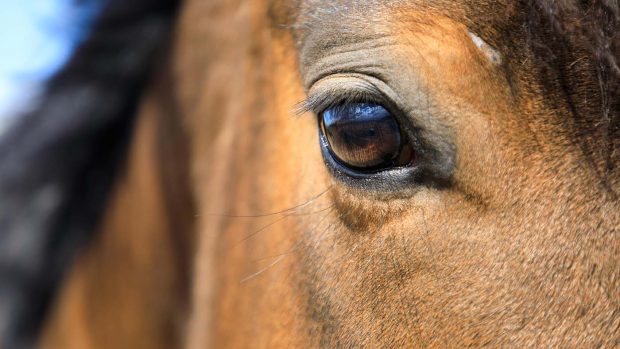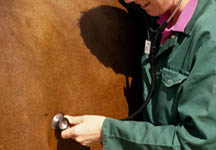The University of Liverpool is to build a £2 million intensive care unit (ICU) at its equine hospital.
The ICU, due to be completed in July this year, will provide state-of-the-art-facilities for the care of injured and sick horses, as well as specially designed areas for the treatment of foals.
The University’s Philip Leverhulme Equine Hospital provides expert care to the Grand National each year.
The facility will comprise of 11 intensive care loose boxes across two wings of the new building.
Each hospital wing will be connected to a large examination and treatment area, which will include a patient observation area, as well as a fully-equipped laboratory for rapid testing of disease samples.
The unit will also have a motion detection system — the first of its kind in the UK — in each horse box to allow vets to identify changes in a patient’s behaviour over a short period of time.
Professor Chris Proudman, from the Philip Leverhulme Equine Hospital, said: “The ICU has been designed to provide the best possible care for injured and sick horses.
“The new technologies available to us will further improve our assessment of injuries in horses and how they are responding to medication.
“The unit will be available to all horses, but it will play an important role in the care of racehorses coming to us from sporting events such as the Grand National.
“As well as the excellent facilities available to vets at the racecourses, we will have new stabling and services to care for those horses that require further investigation and treatment at the hospital.”
The ICU has been made possible through a bequest from University veterinary scientist graduate, Henry Edwards, and generous donations from the Bransby Home of Rest for Horses and the Leverhulme Charitable Trust.
The new facilities form part of a £6 million fundraising campaign to develop a Centre for Colic Prevention and an Equine Performance Centre.
The Performance Centre aims to increase veterinary support to horse racing industries and generate research focusing on the diagnosis of lameness, the prevention of athletic injury and the effective repair of damaged tissues.




